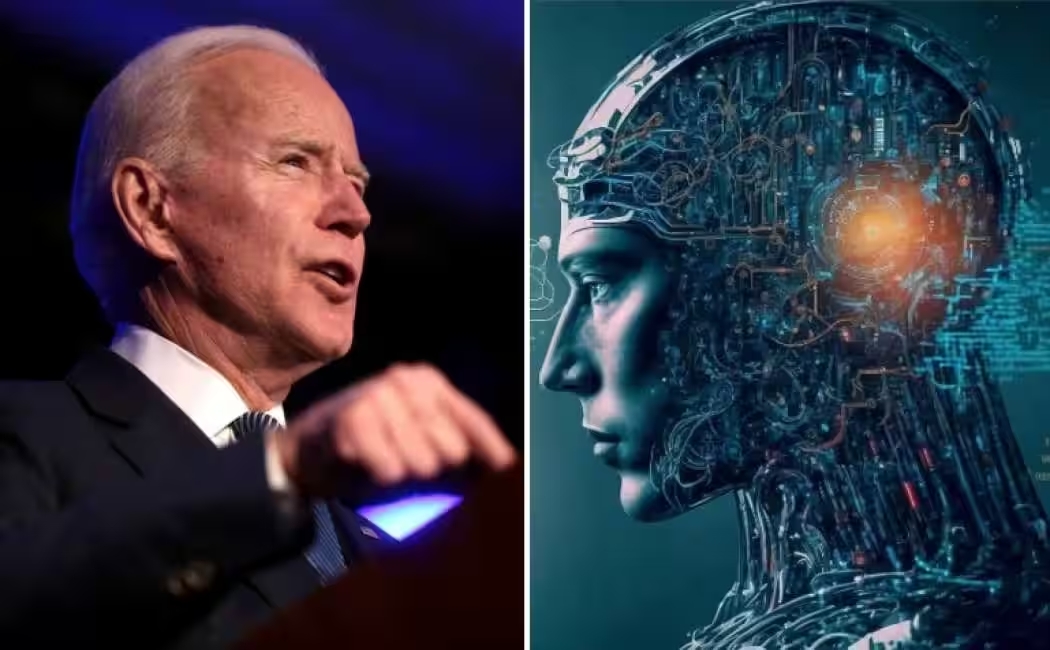Artificial Intelligence in the 2024 Elections
The year 2024 is set to be a pivotal moment in global political history. Over four billion people around the world will have the opportunity to cast their votes for presidents, prime ministers and other political leaders. Countries such as the United States, India, Great Britain, Indonesia, Mexico and Taiwan will see their populations engaged in crucial elections. However, the most worrying aspect of this election is not so much who will win, but rather the role that generative artificial intelligence (AI) could play in the entire electoral process.

From the Era of Fake News to the Advent of AI-Generated Propaganda
Elections and propaganda are two sides of the same coin, and history is full of examples of misinformation and manipulation. However, what differentiates the 2024 election is the sophistication of the technology involved. In the past, disinformation campaigns were carried out by humans using traditional methods, such as word of mouth or conventional media. Today, with the advancement of artificial intelligence models, fake news can be generated more convincingly and in industrial quantities. But how will this scenario really change the landscape of elections and democracy?
The Challenges of Quantity and Quality in Disinformation
AI-generated disinformation presents two main types of challenges: quantity and quality. In terms of quantity, imagine a disinformation operation carried out on a massive scale, where thousands or even millions of messages are sent to voters. Furthermore, AI's ability to produce hyper-realistic content, such as audio, photos or video, makes the quality of misinformation more insidious and difficult to detect. All this is made even more effective thanks to the precision of microtargeting, which allows you to personalize propaganda for each individual voter.
Is Trust in Democracy at Risk?
Artificial Intelligence in the 2024 Elections, faced with these new dynamics, trust in democracy could be eroded. Voters, already disenchanted with politics, could become even more cynical and skeptical, refusing to believe any information. However, it is important to note that influencing public opinion is a difficult task, despite the huge budgets spent on propaganda. Historical research suggests that changing voters' opinions is more difficult than we think.

The Importance of Regulation and Countermeasures
Given the inherent risk, several AI companies are taking preventative measures. For example, OpenAI, the company behind ChatGPT, is working to monitor its models and detect potential misuse. Likewise, large platforms like Alphabet and Meta are becoming increasingly sophisticated in recognizing and reporting suspicious accounts and manipulated content. However, regulation has its limits. Platforms like TikTok are designed to foster virality, and relaxing oversight on platforms like Twitter could open the door to more abuse.
Beyond Technological Determinism: The Human Being remains at the Center
Despite these concerns, the Economist's analysis suggests a note of optimism. History has taught us that each new form of media and technology does not have a one-way impact on society. The effects of new media have been widely debated and studied, and the role of the individual as an active interpreter of the message cannot be underestimated. In other words, even in the face of technological innovations such as generative AI, the human being remains the main actor, capable of discernment and choice.
In conclusion, Artificial Intelligence in the 2024 Elections undoubtedly represents a new variable in the complex world of elections, its ability to undermine the foundations of democracy remains a topic open to debate. The future, as always, is in the hands of the voters.







